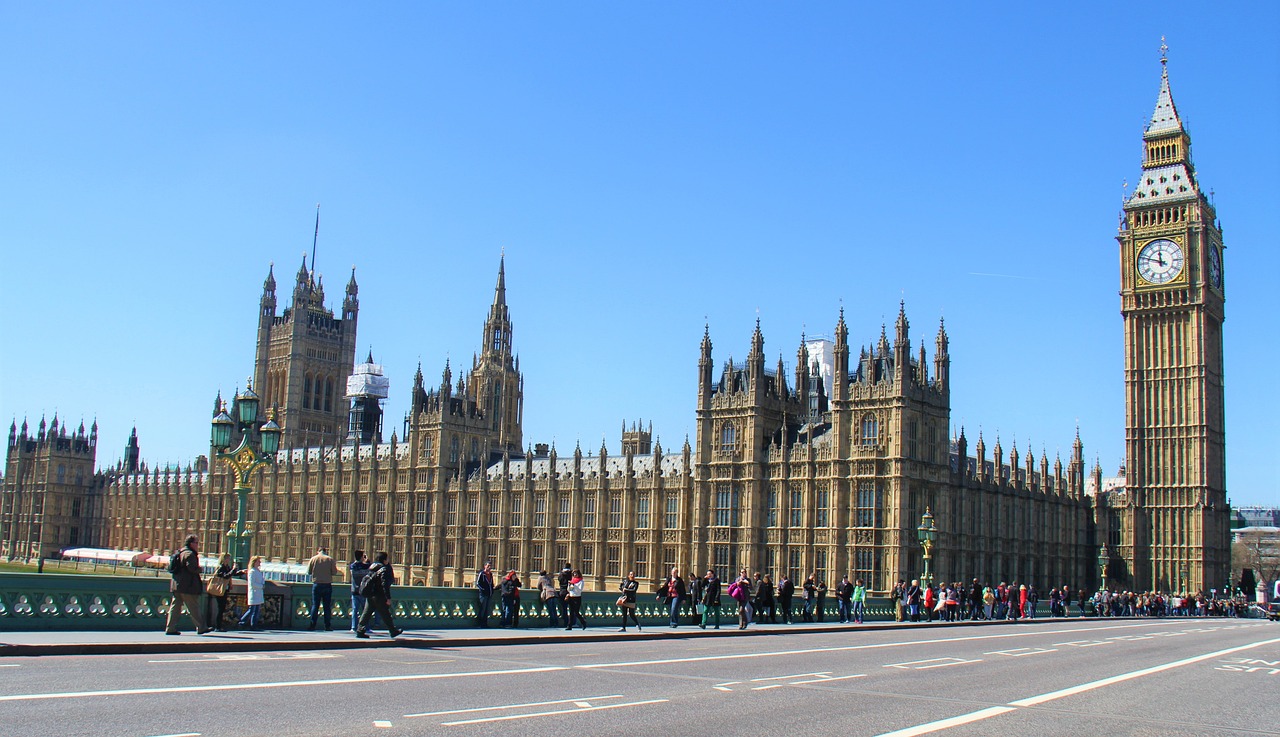Report Download
To download this report please enter your email address below

Any change in national or international environmental policy will almost certainly have an impact on the plastic industry. At RECOUP, we are committed to being a key voice in shaping environmental policy, so that new policies are designed and implemented in a way that is practical, progressive and purposeful.
We engage with RECOUP members and other stakeholders to ensure that policy makers get the right evidence and guidance at all levels.
Critical areas where RECOUP’s voice has made a difference to environmental policy include:

These are some of the major consultations and legislation that affect plastics packaging:
To download this report please enter your email address below
Join the RECOUP membership today and be at the forefront of driving plastics recycling and resource efficiency! Click now to find out more.
Signing up takes just a few seconds, and you’ll receive our informative and inspiring newsletter straight to your inbox!